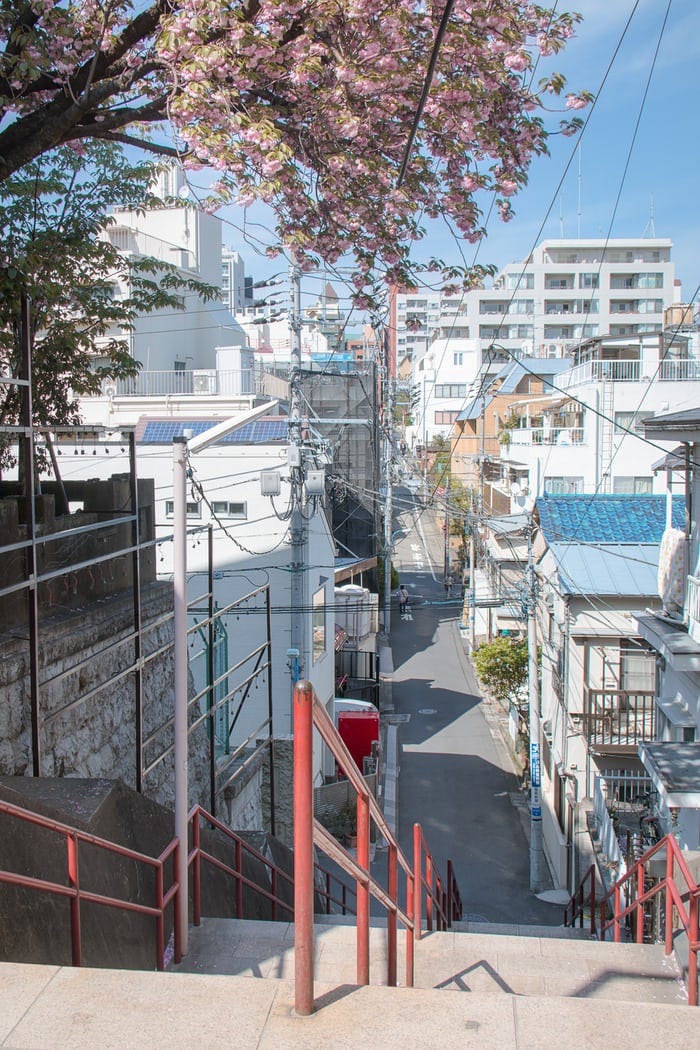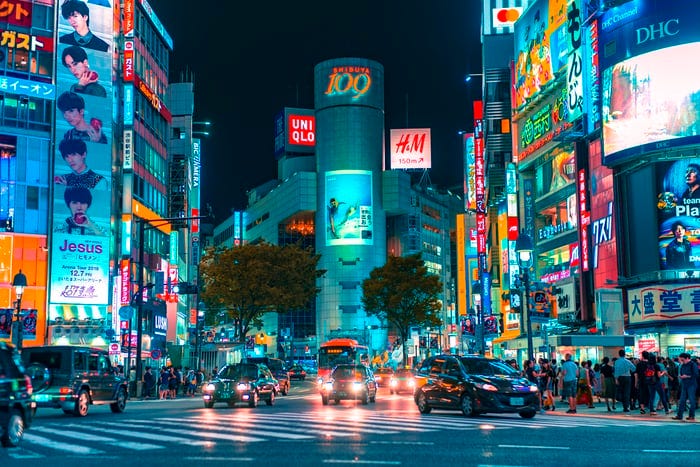Yesterday I went through my economics textbook from senior year of high school.
It’s been almost 3 years since I’ve opened that dusty ton of bricks.
I bet the textbook wasn’t revised especially since it was written in 1982, before the housing crisis in ’08 and many global events of the 80’s most notably including: Japan’s Lost Decade.
When most think about economic crises, corrections and financial downturns, we turn to the US because it is the wealthiest country and what happens here trickles down and effects other economies as well.
Specifically Japan.
Let’s dissect what we can learn from Japan’s economic crisis, something that wasn’t written in the textbook or found in most relevant scholarly journals but important to know about.
Japan’s economy was the envy of the world.
Everyone wanted to live, trade, work there and be part of business in Tokyo before succumbing to one of the longest running comic crises in financial history.
This lead to the times being known as the Lost Decade burst in the ‘90s.
Don’t worry, this isn’t a history lesson.
These are lessons we can take on in our lives.
In the 1970s, Japan produced the world’s second largest gross national product (GNP) after the U.S. as direct competitors and even in the 1980s ranked first in GNP per capital worldwide.
But that all took a hit in the 1990s.

Lead Up To The Lost Decade
When economic crises hit, they follow an economic boom where valuations disconnect form reality. The dot-com bust, Great Recession prior to the Roaring Twenties and even at the start of the Covid pandemic in 2020 immediately followed a record of U.S. stock market valuations going through the roof with unprofitable companies most notably, AMB, Blackberry and GameStop.
Similarly, Japan did just that but with powerful magnitude that took over a decade to recover from. With record low-interest rates, this fielded stock market and real estate speculation, people were borrowing more than they could ever afford given the unrealistic valuations.
Yet all good things come to an end. The Bank of Japan tried to raise interest rates to stop the speculation which eventually lead to the stock market crash and debt crises.
Yet compared to the U.S. Housing Crisis, Great Recession and pandemic induced hit in 2020, Japan’s recession was equivalent to all 3 combined in losses and government bailouts.
This halted economic expansion for Japan for more than 10 years. This lead to low growth and deflation (opposite of inflation, when an asset and consumer prices fall over time) which signaled an impeding recession. When a recession worsens, so does deflation as business hawk ever lower prices in desperate need to get consumers to buy their products.
This lead the country to experience low growth and even stagflation (high inflation coupled with low growth and high rates of unemployment).
This lead the Japanese stock market to hover near record lows and the property market for real estate to never fully return as the lost decade loomed over the economy.

What We Can Learn from The Lost Decade
Many economists blame the lost decade on consumers and companies who saved too much and caused the economy to slow. Also they point blame the country’s aging population along with the Bank Of Japan’s slow intervention.
The deflationary pressures encouraged consumers to hoard money, similar to what we are up to now during this pandemic.
Japan’s bubble burst in 1990 when property prices plummeted to 85% from their peak and Japan lost about $15 trillion of wealth or equivalent to 3 years worth of GDP.
Compared to the Great Depression in the states, that only wiped out about 1 year’s worth of U.S. GDP.
Yet should we have to worry about it today?
Although stocks have been attempting to inch further as the market has barely been in the green so far this year, high interest rates, anticipatory goals for inflation to be boosted to 2%, the successful vaccine rollout and investors backing stocks instead of safe-haven assets such as bonds are signals the economy will not lead to deflation, but rather stagflation.
It will take the U.S. a couple of years to recover from this pandemic, especially industries such as the leisure, hospitality and tourism space as unemployment is still at record highs but better since March 2020.

The U.S’s Lost Decade
The period between 2000 and 2009 saw a steep decline in real estate values and the stock market resulted in major losses, including the S&P 500’s worst ever 10-year performance with a -9.1% total return.
Japan vs. The US
Although Japan and the US are both economic powerhouses,Japan has an older population while US has positive demographics with plenty of young workers and the US Federal Reserve acts quicker than The Bank of Japan.
One of the most prominent financial capitals of the world is Japan and many countries have laid its eyes on the city because of their investments in various U.S. financial institutions, leading to rising tensions with Japan’s ruling party.

Lessons To Be Learned
During the first week of March, the U.S. Federal Reserve Chairman, Jerome Powell had positive news about the redirection the US is taking out of this economic hard hit recession.
Although the Fed worries that if inflation persistence runs below 2%, inflation expectations will also draft down, making too-low inflation self-reinforcing.
Yet, over time, lower inflation leads to lower interest rates and thus less room to cut them to counteract recessions, a situation that Japan saw itself in as inflation turned negative in the 2000s.
“We should be less fearful about inflation around the corner and recognize that fear costs millions of jobs-millions of livelihoods, millions of hopes and dreams” Mary Daly, president of the Federal Reserve Bank of San Fransisco said in February.
To counteract this risk, the Fed announced last August that to make up for below-target inflation, it would seek to push inflation over 2%.

Recap: 5 Key Lessons from The Lost Decade For the US and Other Powerful Economies
#1: Spending isn’t the answer-People were hesitant
#2: Low inflation = worse recession, balance inflationary levels-push for over 2%
#3: Act quickly to lessen the crisis- the Bank of Japan’s reluctance caused a crisis
#4: Counteract demographics-Japan was reluctant to raise the retirement age or taxes to further its demographic problems
#5: Don’t rack up debt-debt was the problem and the Bank of Japan was behind the curve in raising interest rates-harder time to pay it off

